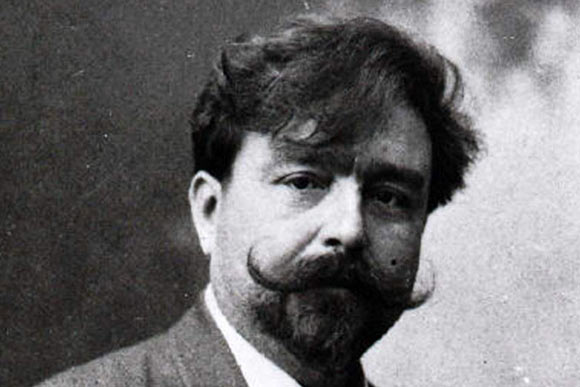
Isaac Manuel Francisco Albéniz Pascual was a very talented and famous composer from Spain who was considered to have achieved a level of mastery in playing piano that very few people ever have. His piano works which are based on folk music are regarded with huge respect all around the world. His work was so much admired that many of his creations were adapted to be played with other instruments as well, especially guitar. Granada, Sevilla and Astrurias are some of the pieces adapted. His work not only influenced the international music community but also had a deep impact on future generations of musicians. Read on to find out more about the successful career of this great piano master.
Born on 29th May 1860, Albéniz was the son of a customs officer. He showed his talent for music at a very early age and seeing that, his parents arranged for him to study music. His first ever performance happened when he was only four years old. Antoine François Marmontel, a very famous pianist from France was Albéniz’s teacher. He passed the entry test for studying piano in Paris Conservatoire but was denied admission on the basis of his age. Being seven years old meant he was too young to be given enrollment there. By the time he was nine years old he was giving his own concerts and his supportive father arranged for him to travel throughout Spain to perform. By the time he turned 15, he had traveled and performed in several countries and after spending a short while studying in Leipzig Conservatory, he was admitted in the Royal Conservatory in Brussels. The king’s secretary in Brussels, Guillermo Morphy arranged for a royal grant for him and to thank Morphy, Isaac Albéniz dedicated his creations to him.
Felip Pedrell, a famous composer and his teacher had a great deal of influence on Albéniz and it was him who inspired the writing of “Chants d’Espagne”. During the years 1889-1892, Albéniz’s career was at the peak of success and he traveled all over Europe during this time. In the 1890s he eventually decided to settle in Paris. He also wrote several comedy pieces which were met with huge appreciation and success. One of the people whose attention Albéniz caught was Francis Money-Coutts, the 5th Baron of Latymer. Money-Coutts gave him the librettos for Henry Clifford. In addition to that he was also given the text for Arthurian Operas trilogy.
He got married in 1883 to a student of his and had three children. His family spread into several public positions over the time. Madrid’s former mayor, Alberto Ruiz-Gallardón and Cécilia Attias, the former wife of Nicolas Sarkozy are both his great-grandchildren.
Due to his hugely successful career and mastery in music, and his massive contribution towards taking the music industry in Spain to a whole new level of achievement, the “Fundación Albéniz” was created in order to show the appreciation that the people of Spain have for this maestro. The institute facilitates in a lot of research done related to Spanish music and promotes the Spanish music culture.
In the 1900s Isaac Albéniz’s health began to go down and he was diagnosed with Bright’s disease. The illness brought his performing era to an end and he started to write piano music. His last piece was “Iberia”, a suite that contained twelve piano impressions. Albéniz eventually passed away on 18th May 1909 at the age of 48.